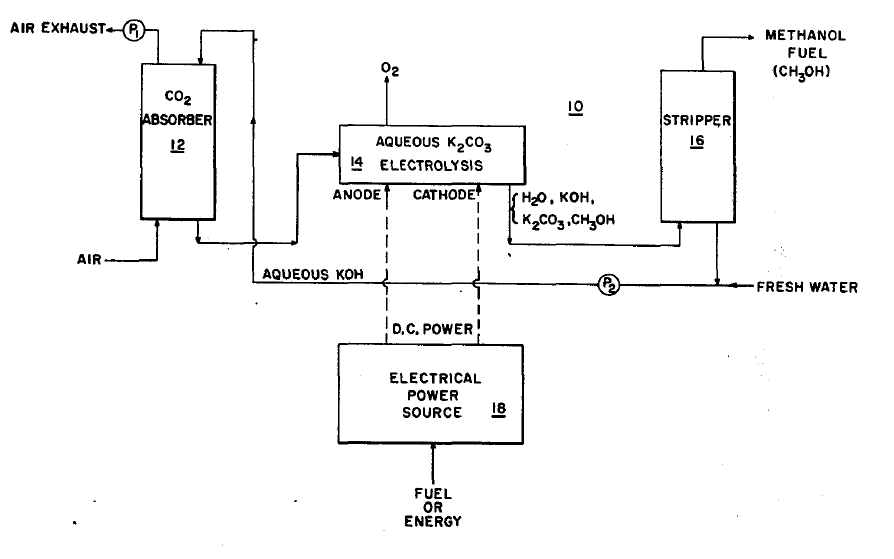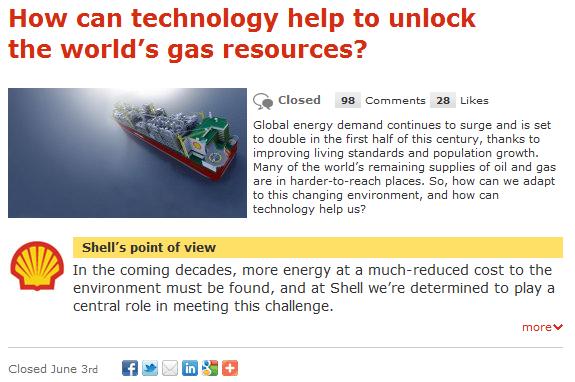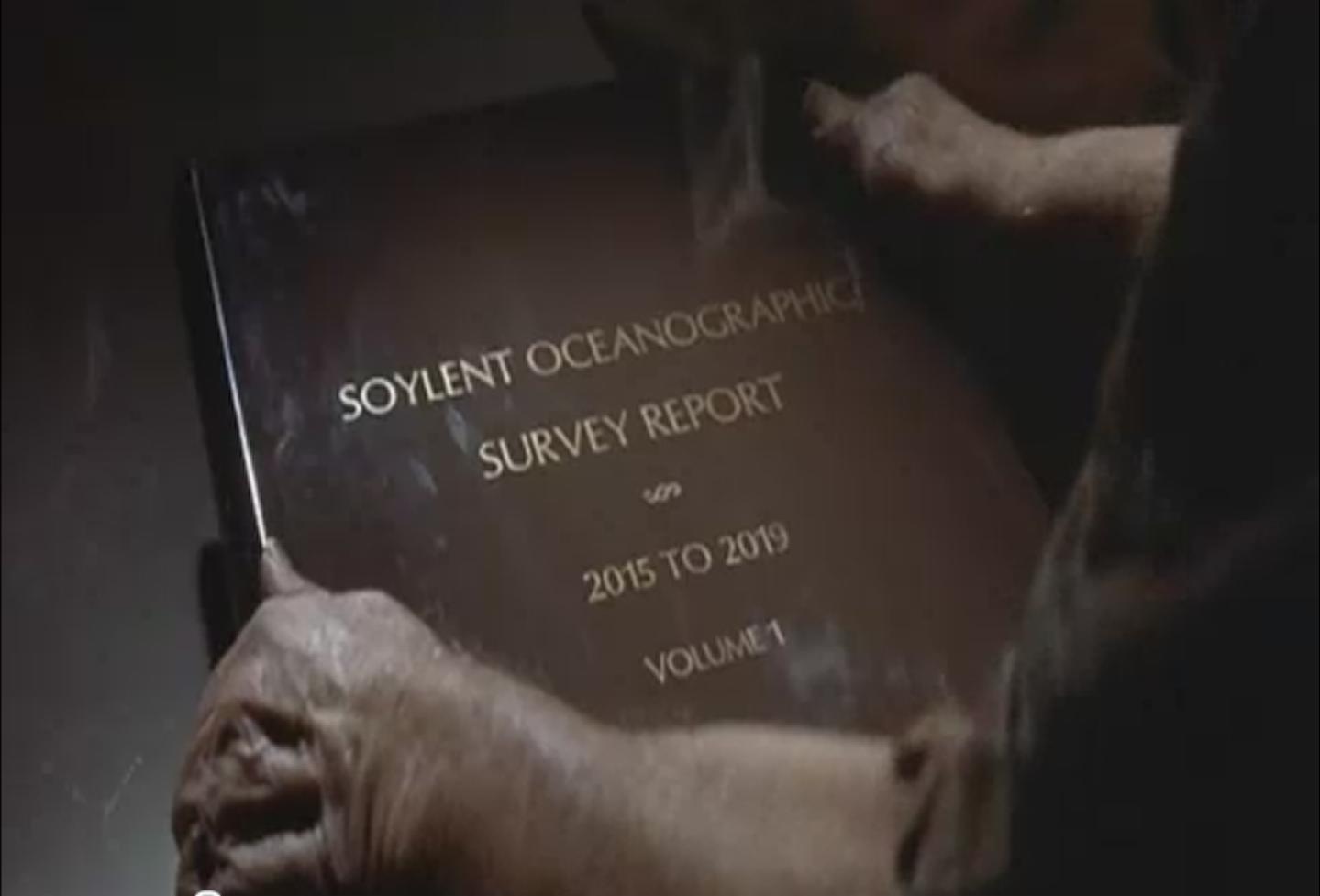Denemarken loopt voorop als het om hernieuwbare energie gaat. Het heeft al een eiland dat volledig op alternatieve energie draait doordat overtollige electriciteit van windmolens als waterstof door de gemeenschap wordt gebruikt. Nu doet het echter iets dat zo’n goed idee is dat het bijna niet te geloven is.
"Kirsten Gosvig’s pension fund bought a $485 million stake in Denmark’s largest offshore wind-power project, an investment that’s forecast to earn at least twice the average historical return of hedge funds."
"PKA Ltd., which manages retirement money (for amongst others nurses), will earn 7 percent to 9 percent a year on the Anholt wind farm. (better than the HFRX Global Hedge Fund Index)" (bron)
Natuurlijk! Pensioengelden in hernieuwbare energie bronnen steken! Waarom ‘natuurlijk’ denkt u misschien? Simpel. Het pensioengeld is weiging waard als u denkt dat u er over 30 jaar olie of gas me kunt kopen. Geld heeft slechts een functie als ruilmiddel en als de energie niet beschikbaar is om te maken wat je nodig hebt dan is een miljard nog niet genoeg om van te leven. Investeer je in energiebronnen dan investeer je een een productie middel en dus in de capaciteit om te maken wat je wil kopen. Er wordt meer gemaakt en het is goedkoper, en (dat is nog steeds zo), je verdient er aan.
Dat laatste is nog wel een moeilijk punt, want als je energiee opwekt hoor je ook geld te kunnen creeren, zoals banken dat doen. Stel dat er een hoop fabrieken op een eiland staan die alles maken wat mensen nodig hebben, behalve de energie om te draaien. Een persoon zet een windmolen neer, een ander opend een bank kantoortje (kantoor met het bord BANK voor de deur). Wie zou dan moeten bepalen hoeveel geld mensen hebben? Het is natuurlijk vreemd als mensen bij de bank lenen om spullen te kopen die door de windmolen gemaakt zijn. De bank heeft niks en doet niks. De windmolen eigenaar moet een eigen bank beginnen, dan kan hij de energie vooruit verkopen en hebben mensen een hoeveelheid geld proportioneel met de hoeveelheid producten. Dit is waarom banken niet aan duurzame energie willen, het maakt ze minder belangrijk.
"Pension funds are sinking money into offshore projects that banks consider too risky as the payback depends on unproven gear that will be pummeled by gales and corrosive salt water in a 20- year lifetime."
Banken hebben continu excuses om dingen niet te doen die ze gewoon niet willen doen omdat het een andere economie mogelijk maakt. Het zijn de meest idiote excuses. Mensen nemen die serieus. Op het moment dat we inzien dat geld zijn waarde ontleend aan de energie die we er mee kunnen kopen en banken hun huidige energie monopolie proberen te beschermen kunnen we banken verplichten energie ter beschikking te stellen voor hernieuwbare energie. We kunnen in ieder geval beginnen met pensioenen veilig te stellen door het geld nu te gebruiken voor hernieuwbare energie in plaats van het te laten roven door speculanten.

Het 100% duurzame eiland Lolland laat overigens zien dat je niet moet wachten op commerciele producten:
The researchers on the community developed smaller hydrogen fuel cells that could be placed in a home and act similar to a boiler in order to provide heating air (and provide electrictiy).
In situaties waar mensen een voorraad waterstof hebben en een boiler/brandstofcel (micro CHP), kunnen ze de opbrengst maximaliseren door stroom op te wekken wanneer deze het meest waard is. Hierdoor ontstaat een geod gebalanceerd aanbod. De waterstof en zuurstof worden beide onder lage druk opgeslagen. Dat heeft Greencheck ook al eens voorgesteld, want het volume nodig voor opslag van de dagelijkse productie is niet zo groot.
Both the hydrogen and oxygen are stored in low pressure storage units in order to control: hydrogen supply to fuel cells (bron)
The company IRD now has wide experience with household heat and electricty generation using hydrogen and methanol. Methanol is another fuel that can be made using renewables.



">






